Opinion / The Boeing 737 MAX is allowed to fly again, but can the aviation brand ever regain its once-untouchable luxury image – and its customers’ trust?
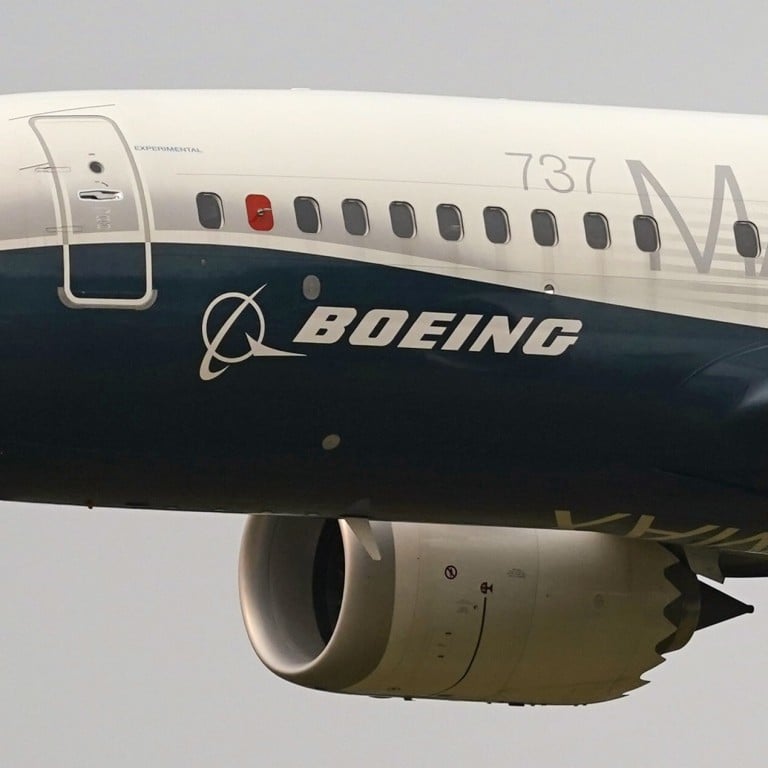
This article is part of STYLE’s Inside Luxury column.
Boeing was once one of the most admired brands in the world. If there is such a thing as a luxury brand for commercial aircraft, Boeing was it. Loved by pilots and passengers alike, their bread and butter 737 aircraft became the bestselling commercial plane in the world.
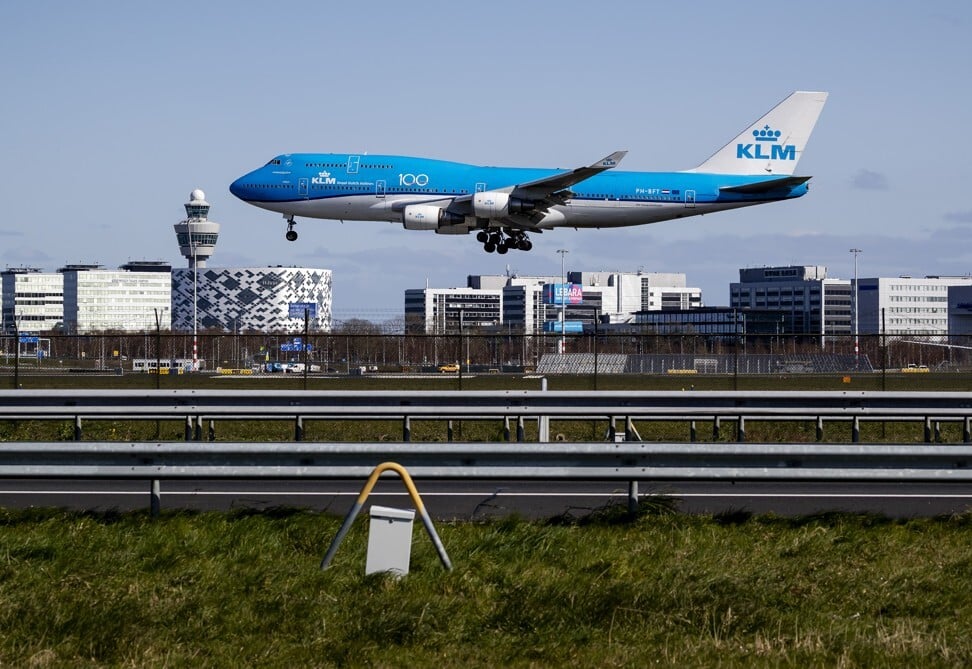
With the possible exception of Concorde, the company’s iconic 747 was seen by many as the most beautifully designed aircraft of all time. Dubbed “Queen of the Skies”, the 747 was the favourite long-haul plane of most airlines and was admired as the most luxurious, too. It was in the 1970s that some airlines began fitting the 747 with high-end bars – its comfort was legendary.
Covid-19 crippled aviation, but private jet sales are soaring
Boeing’s reputation for building such advanced aircraft was built over decades, and only enhanced by its military division and special projects such as Air Force One. The image of Boeing as top manufacturer seemed undisputed.
Then, over the last decade, Boeing systematically managed to destroy its own brand image and reputation through mismanagement, negligence and arrogance.
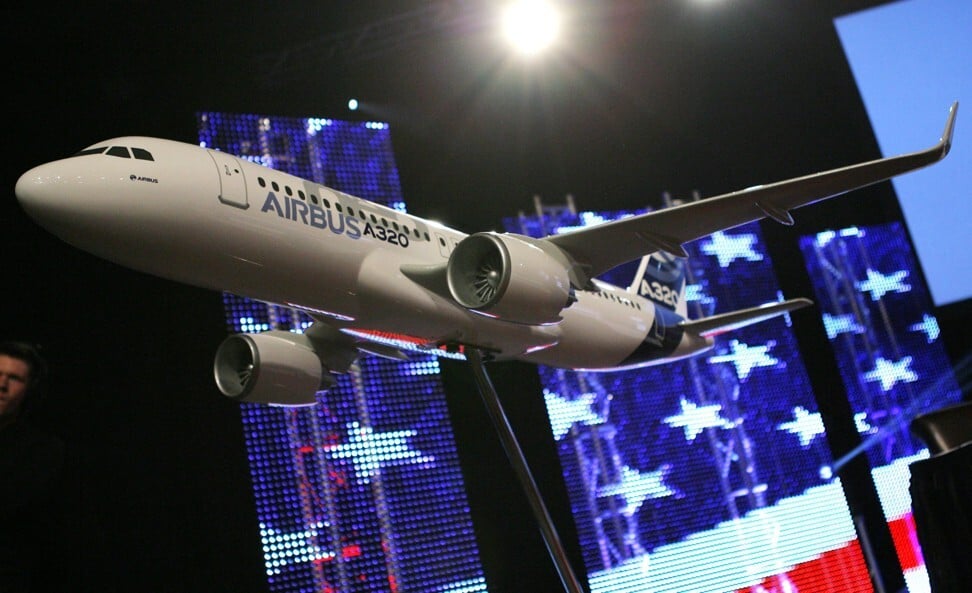
Boeing’s problems began even earlier than that, however, when its competitor, Airbus, introduced its A320 model – the first commercial aircraft to feature advanced fly-by-wire architecture. While Airbus focused heavily on computerised flying and made a series of breakthroughs in that field, Boeing opted for a more traditional approach, relying on pilots more than computers.
Through its technological advantages, Airbus significantly cut into Boeing’s market share, especially of the 737. Then in 2007, Airbus’ A380 was launched and replaced the 747 almost instantly. Boeing designed a new variant of the model with a larger upper deck – the 747-8 – in a bid to revive the brand, but it was a commercial flop and only bought by a few airlines. As a result, by the 2000s, Boeing found itself being challenged in both the short- and long-haul flying segments.
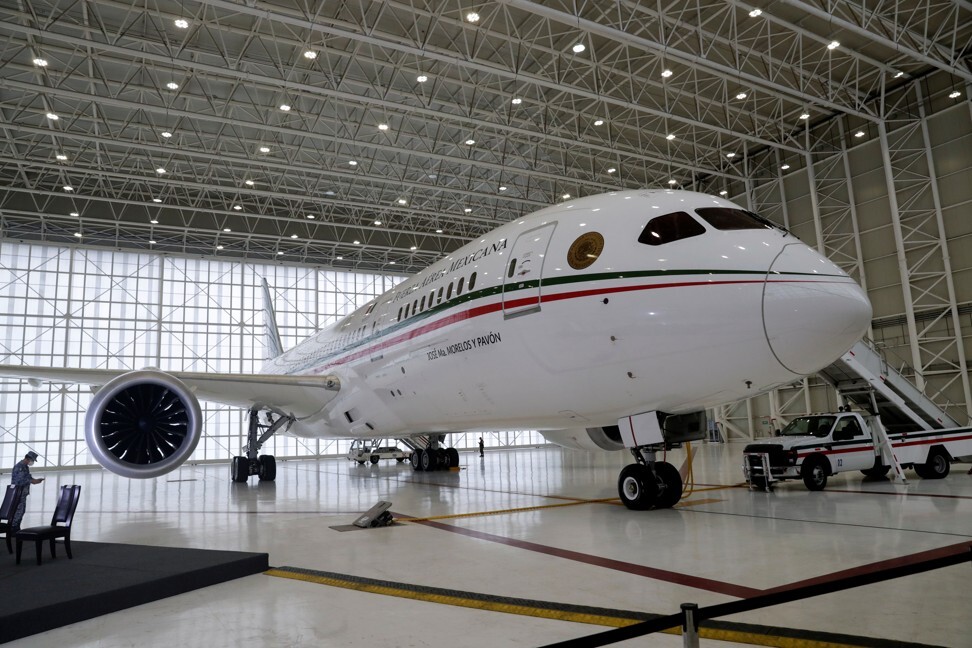
Why luxury brands need to rethink the ‘last mile’ in the digital age
But it was when Boeing launched the 787 Dreamliner during the second half of 2009 – at the time the world’s most advanced aircraft – that its problems really began. After the aircraft suffered battery fires, the entire fleet was grounded for months, tarnishing the introduction of what was supposed to be the plane to restore Boeing’s image as the luxury brand among commercial aircraft companies.
Since then, the project has had endless issues, from quality snafus to manufacturing problems. Boeing’s image and reputation took a massive hit.
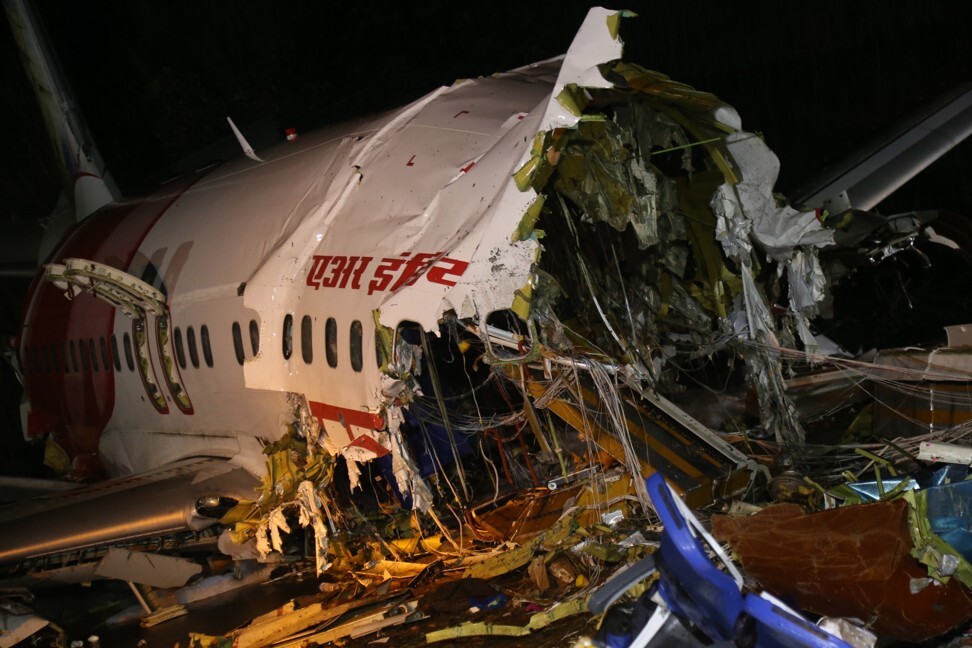
Then the catastrophe of not one but two Boeing 737 MAX crashes within the space of six months – killing more than 300 people in October 2018 and March 2019 – led to the grounding of the entire fleet. Subsequent mismanagement, cover-ups, lax safety protocols and massive problems with the plane’s certification were discovered.
Put plainly, in the last two years until the recent re-certification, Boeing has done a terrible job of crisis management, downplaying the issues and being entirely reactive rather than proactive when it came to tackling the technical and PR disasters.
And while we will now see the 737 return to our skies after it passed muster with the US’ Federal Aviation Administration, it’s hard to see how Boeing can recover from such a huge failure. For any brand, the creation and strengthening of brand equity is crucial. The more premium a brand becomes, the higher our expectations, and when a brand sells safety, brand equity and trust are non-negotiable.
Two factors in particular may be the most critical: transparency and social responsibility – especially for younger customers – and this is where Boeing’s approach has been unforgivable.
Do millennials dream of electric cars … or yachts, or planes?
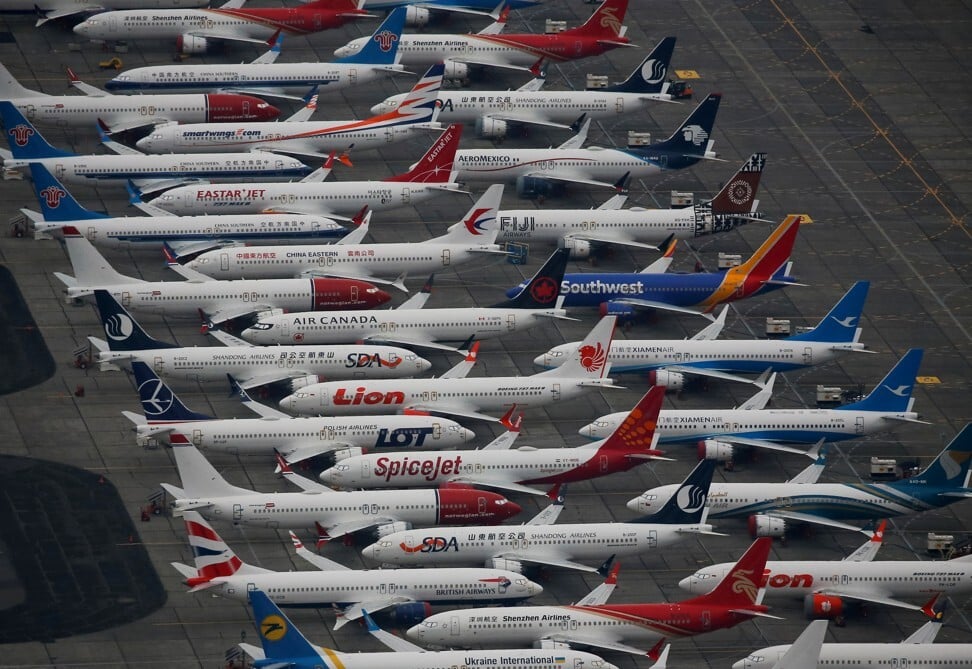
From a position of perceived superiority, dare I say arrogance, the company was unable to control the narrative around its brand and failed to act in a trust-inspiring way. For brands in the year 2020, this is a dramatic mistake, especially at a time when what customers want is reassurance and humility.
Many consumers may not have a choice. Airlines are the ones making decisions about which planes to buy, and they may not be transparent about which aircraft they are using. Some airlines, such as American Airlines, do not name the plane “Max” on their safety cards in order not to scare customers. This will further tarnish the credibility of Boeing. After all, what kind of brand equity do you have when the aircraft type needs to be hidden from plain sight?
8 of the best 'fly-yourself' private jets to speed up your commute
The brand story will have to be reimagined, and then all brand measures need to systematically strengthen the revamped positioning. Digital real-time brand equity measurement through AI-powered consumer sentiment tools would be helpful for creating relevant and authentic content that addresses consumer concerns in different key markets.
What’s more, these kinds of measures need to be done now: too many mistakes have already been made.
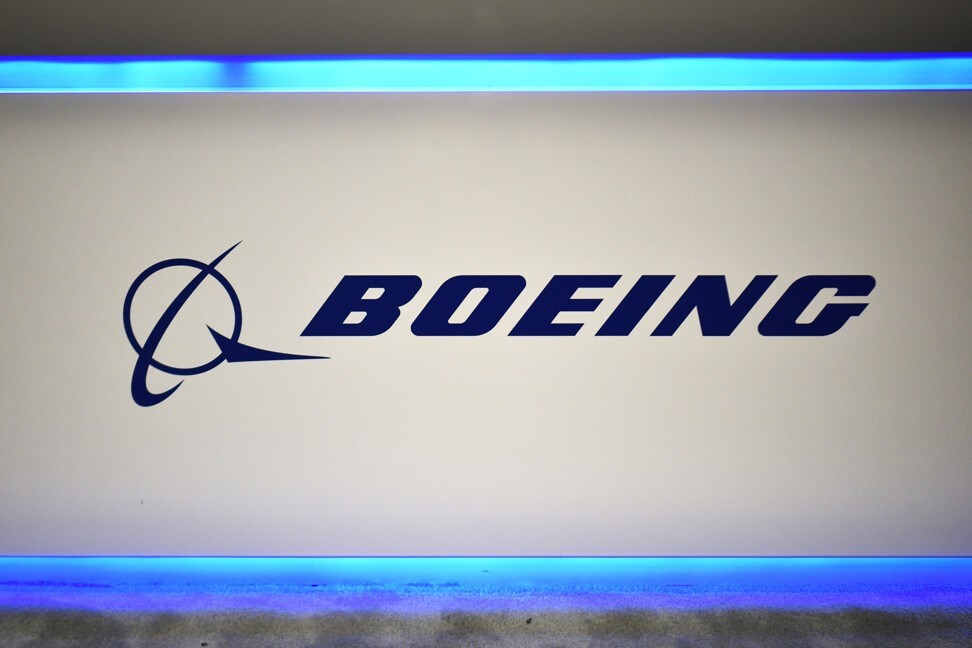
Most importantly, Boeing urgently needs to show a more human, vulnerable side, signalling to consumers that the company truly cares and is willing to change. In my view, it will take many years to regain a position of leadership in the minds of consumers and for Boeing to be perceived once more as the most premium brand in its category. Many other brands that made similar mistakes did not survive. Will Boeing?
Want more stories like this? Sign up here. Follow STYLE on Facebook, Instagram, YouTube and Twitter .

The two deadly 737 MAX crashes – and the way the crisis was handled by the company’s management – has left the US aviation giant’s reputation in tatters: a new brand story and a commitment to AI might help rebuild consumer trust